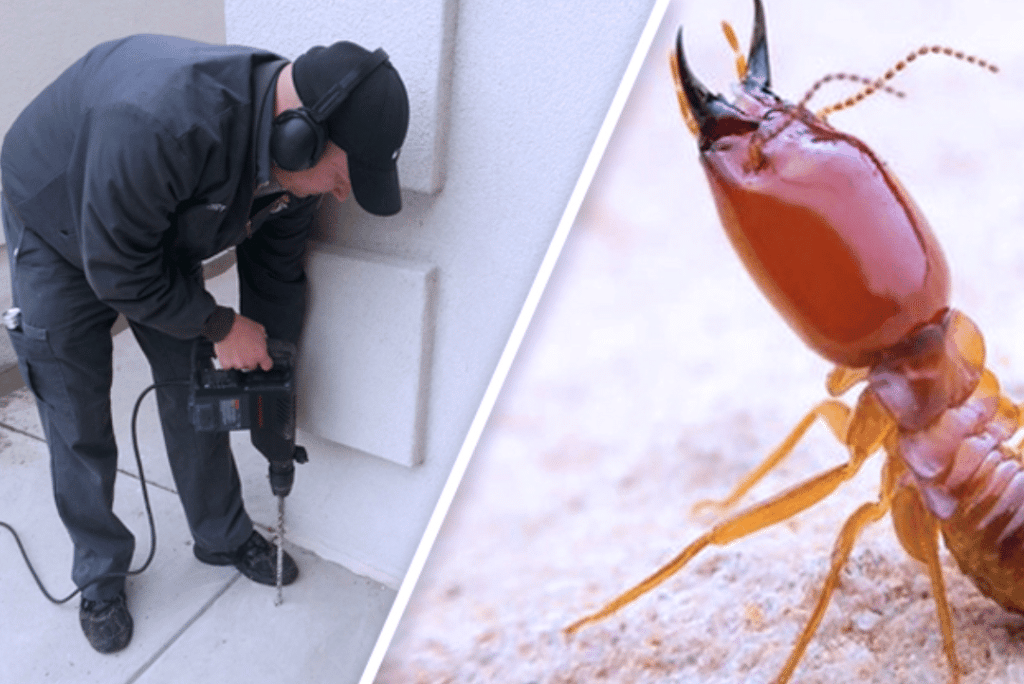Introduction:
Termites are among the most destructive pests homeowners can face, causing billions of dollars in property damage annually. This comprehensive guide explores everything you need to know about professional termite pest control services.

Types of Termites
Warning Signs of Infestation
- Subterranean termites
- Drywood termites
- Dampwood termites
- Formosan termites
- Nullam platea
Warning Signs of Infestation
- Mud tubes on foundations
- Hollow-sounding wood
- Discarded wings
- Wood damage
- Bubbling paint
- Sagging floors or ceilings
Professional Termite Control Services:
Treatment Methods
- Inspection Process
- Comprehensive property evaluation
- Advanced detection technologies
- Thermal imaging
- Moisture meter scanning
- Structural assessment
Treatment Methods
- Chemical Treatments
- Liquid soil treatments
- Baiting systems
- Termiticide barriers
- Localized spot treatments
- Non-Chemical Solutions
- Heat treatments
- Biological controls
- Physical barriers
- Structural modifications
Prevention Strategies
Cost Considerations
- Regular inspections
- Moisture control
- Wood treatment
- Landscape management
- Foundation sealing
- Structural assessment
Cost Considerations
- Factors affecting pricing
- Inspection fees
- Treatment type
- Property size
- Infestation severity
Choosing a Termite Control Provider
Questions to Ask Providers
- Credentials to Check
- Professional certifications
- State licensing
- Insurance coverage
- Industry experience
- Customer reviews
Questions to Ask Providers
- Treatment guarantee
- Follow-up inspection frequency
- Treatment methodology
- Environmental safety
- Warranty details
Conclusion:
Professional termite pest control is an investment in your property’s long-term protection. By understanding threats, choosing qualified professionals, and maintaining proactive strategies, homeowners can effectively safeguard their most valuable asset.
Schedule a professional termite inspection today to protect your home from potential devastation

